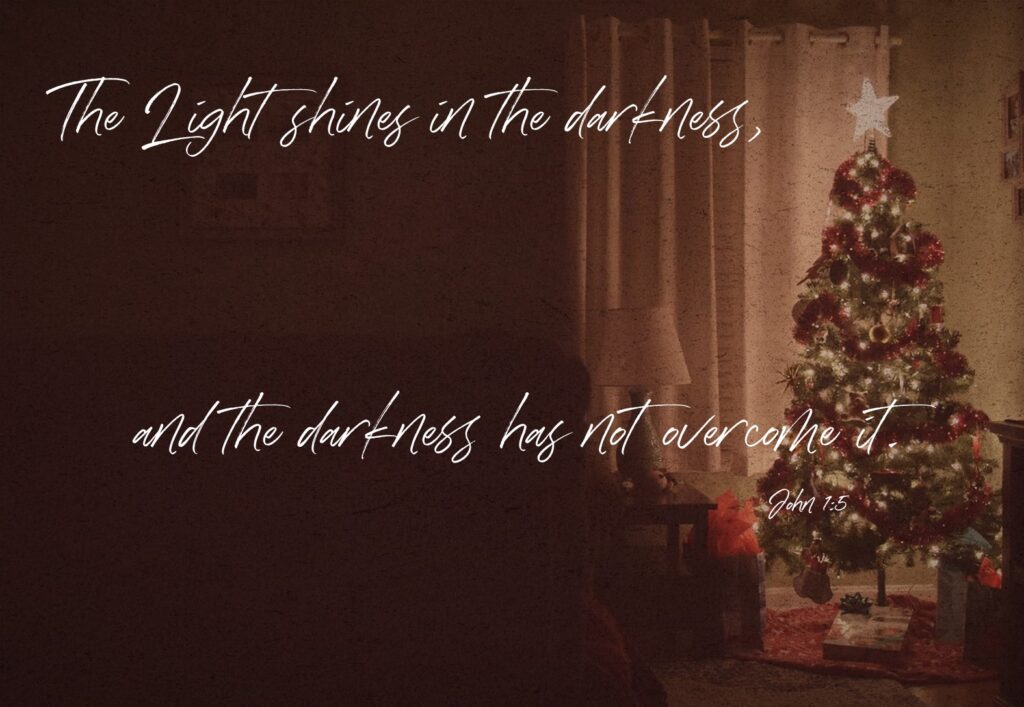
When you are a parent, you never have to worry about waking up early in the morning. This, however, is a technicality, because as we all know you were never really asleep to begin with.
Oh, to be sure, you were lying in bed, eyes closed, praying for unconsciousness, but every hour on the hour one or more of your children needed you and broke the silent tranquility of your home with their cries for help.
There is no peace, saith the Lord, for the parent.
Still, despite the unrelenting sleep deprivation which has you stumbling around the house like the walking dead, you find yourself going through all the normal steps of a morning routine.
Make breakfast.
Get the kids dressed.
Make sure teeth are brushed.
Change the kids into new clothes because someone had a blowout.
Change your own clothes, then do it again because everything you had on was backwards.
And then, somehow, by the grace of God, once the shoes are on the right feet, jackets are on, and everyone is finally strapped into their car seats you are ready to go! Only someone forgot their stuffed animal and if you don’t go and get it this will spell the end of the world.
Fine. You go back inside and retrieve the precious item and return to the car like the conquering hero you are. Only now everyone is crying because they are hungry again because they didn’t eat their breakfast even though you told them they should, and now their bellies are hurting and why won’t you give them a snack? How heartless can you get?
But you reach for the snacks only to remember that you finished off the ones which were in the car yesterday afternoon when you picked the kids up, and now you’ll have to go inside again to open a new box, but don’t forget to turn the radio on before you go because the kids absolutely need to listen to their singalong songs this very minute and it will be the end of the world once more if you leave without turning it on, only you need to hurry because they are still hungry.
Thus, the morning routine of a parent. The details may vary according to the ages of the children involved, but the rhythm of this liturgical dance is pretty much the same. Add to this my daughter singing “Jingle Bell Rock” at the top of her voice while my son yells because he wanted his mother to strap him in the car seat instead of me, and you have a good picture of our own routine going into the Christmas season.
An outsider will look in on this chaos and wonder, quite understandably, why anyone would ever willingly put themselves through such a stressful situation, and how parents can possibly keep a hold on their sanity. Parents will respond that they often wonder the same thing, and they can reassure you that they lost their sanity quite a long time ago. That was part of the deal.
And yet, here at the start of Advent, we are faced with an even more profound question: why would the sovereign God of all creation enter into all this mess?
Could it be that God has lost His mind?

For Christians, the central meaning of the Christmas season is a profound mystery: the incarnation of the Son of God. The story of Christmas is the story of the Word of God, who was with God, and who was God.
The apostle John begins his gospel by reflecting on the significance of this event. “Through Him all things were made,” he writes. “Without Him nothing was made that has been made (John 1:3).”
At the beginning of all things, when the Holy Spirit nestled expectantly above the primordial waters of the world, the Word of God gently spoke all things into existence (Genesis 1:1-3). He brought light and life to all humankind.
And yet He was not content to leave us to ourselves. In a move no one could have foreseen, God Himself, the Lord of Light, pulled back the curtain and entered into the midst of a dark and sinful world.
The Word became flesh and pitched His tent among us.
We recount the story year after year. We tell about a young girl, scared and yet unbelievably courageous, who humbly accepts the divine mission for which she was chosen.
We tell about a man who becomes the father of a son which is not his own, and the faith which compels him to not abandon his family.
We tell about the star, the wise men in the east, the shepherds in the field. Our story is filled with the spectacular as well as the mundane; of sights and sounds and smells which assault our senses and fill our imaginations.
It is a tale shimmering with the gold of kings and dulled by the dust of poor, worn-out travelers begging for a place to sleep. Frankincense and myrrh waft through the air and mix unrepentantly with the vulgar odors of a lowly stable.
A young couple, grappling with the newfound responsibilities of parenthood, try in vain to sooth the cries of a newborn, while out in a field nearby, under the expanse of the clear night sky, an angelic choir shouts out the praises of the Most High to an audience of bewildered nobodies.
This is the story we tell. It is a tale of hopes and fears and dreams. It is a story of great faith. It is a tale filled with blood.
We tell the story every year until it becomes routine. But the routine is nothing to be ashamed of. It is a holy routine. Each year we decorate the tree, light the candles, and engage with all the sensuous physicality of the season precisely because it reminds us that God is with us. Not in some abstract, pie in the sky way, but actually with us.
By the tangible routines of the holiday season we remember that God took on flesh and blood and entered into the messiness of our lives. He could be touched. He could be heard. The unimaginable majesty was not ashamed to be found among the rabble of ordinary folks who wanted to pinch His cheeks and smell His hair.

But why? Why would God care to join us amidst sleepless nights, family conflicts, flat tires, lost jobs, and all the other aspects of human existence about which we endlessly complain?
The answer, of course, is love. The Son of God took on all of our humanity out of an abundance of love for us.
Perhaps I am making too much of an assumption here, given the widespread brokenness we experience among families nowadays, but I believe that most parents, at least in their better moments, would say much the same thing about why they put up with all the chaos which comes with being a parent. They do it out of love; a sheer, inexplicable, overabundance of love.
Snotty noses and wet diapers make for a messy morning routine. We don’t take them on because we like them, necessarily. We throw ourselves into the mess because we love our children, and because we do not need any other reason than that.
What’s more, the wise parent will recognize that even the worst morning imaginable will one day be redeemed by love. All the frustrations of yesterday will later become a thread in the tapestry of the family’s shared memory. One day they will look back and will be thankful for all of it.
That’s the redeeming power of love. And it is the power at work in the story of the incarnation.
When we rightly recognize God’s grace, we realize that there is nothing worthwhile in us as we are. On any given day we are scoundrels. God doesn’t love us because we deserve it. But He does love us. And by becoming one of us, Christ has lifted up even the most mundane parts of our lives, the average and often vulgar routines we go through, and joined them to Himself in righteousness and holiness.
The miracle of Christ’s incarnation makes possible all of the other miracles of salvation: forgiveness, redemption, sanctification, eternal life. It also makes possible the miracle of simply living to the glory of God, of allowing the Holy Spirit to lift up ordinary acts like sharing bread into moments of holy fellowship. Because of the incarnation, a simple gift, a kind word, a gentle smile, can all become vehicles for sharing the love of Christ with others.
What’s more, our daily routines can now become avenues for discipleship. We endure it all, sleepless nights, vocational setbacks, interpersonal conflict, all as a means of letting the light of Christ shine through in the darkness. We suffer with Christ so that the world may see Christ in us. We walk with Christ so that we may know Christ, and so others may come to know Him, too.
The incarnation points forward to a day when we will be able to look back and be thankful for all of it, and we will join the heavenly choir in praising the God who came to be with His people.
We look forward to that glorious day. And while we wait, we light another candle. We sing another song. We raise a toast and embrace one another because Christ is with us, and Christ is for us.
Glory to God.





Pingback: The Good News of Christmas - numinous